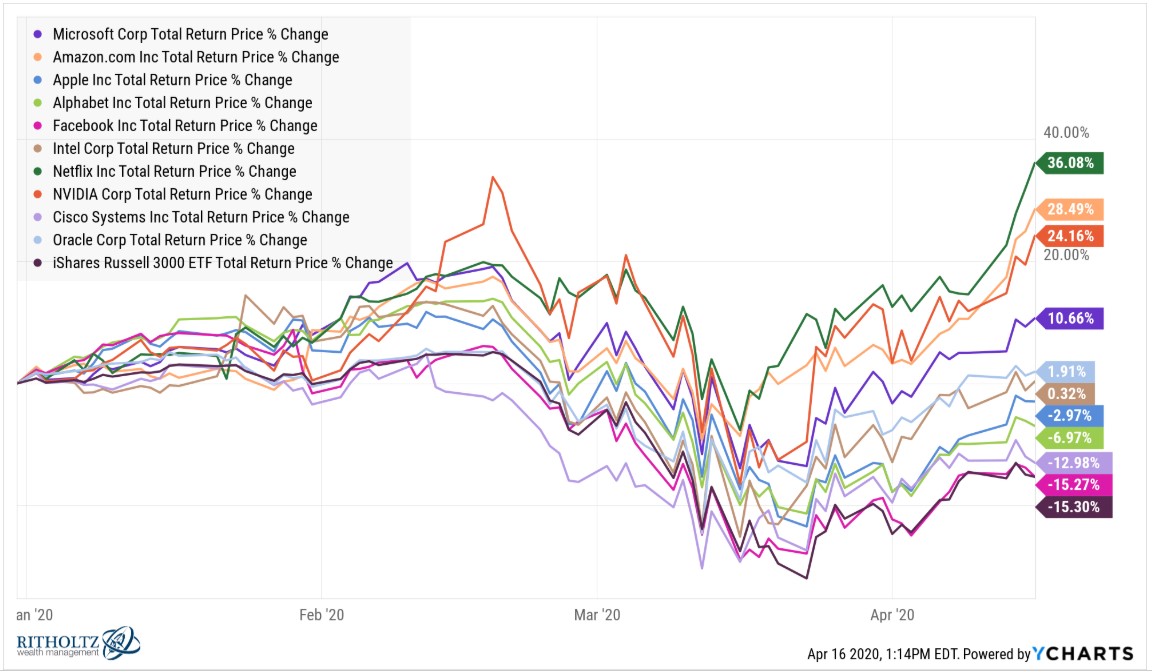Another strong reason why I would want to be a full-time trader. The Government doesn't give a damn about you or your existence if you are from a middle class background.
No body gives anything about it except you and you alone. This is why I want to strongly ditch my job and become FTT. Being in a job means that I am forever a slave to the company I am working for and have to be at their mercy no matter what. This month I haven't yet been paid my salary and I am still expected to turn in my reports and do what not.
By being in a job, I am bound to it. Being a trader however will mean that I don't need to worry about it because my effort (including techniques etc etc) are directly proportional to the income that is generated and attributed to me. On a job, it is stacked against you. No matter how hard you work, it is not going to beneficial to you. It sucks.
https://timesofindia.indiatimes.com...-paying-middle-class/articleshow/75134718.cms
Even ‘Act of God’ can’t help EMI-paying middle class - Times of India
A SubramaniTNN
5-6 minutes
Force majeure. This Latin phrase, meaning ‘superior force’ or an equivalent of an ‘act of God’, has found its way into discussions of the Corona-spurred economic meltdown.
Merriam-Webster defines it as ‘an event or effect that cannot be reasonably anticipated or controlled’. And, the Covid-19 pandemic fits the bill.
Companies have started either taking refuge under the clause to delay repayment commitments, or indicating that they will take that route soon enough. While a chain of theatres has said it cannot pay rent, several builders have said they cannot hand over projects as scheduled — all in the name of force majeure. It will also insulate them from penal actions of delays and defaults.
But is such an ‘act of God’ advantage accessible to lay monthly-EMI payers too? Can consumers claim omnibus protection for delaying EMIs without any penal or monetary consequences under force majeure?
Our laws, just as our governments, are silent, and courts have not got an opportunity to interpret the unjust exclusion of the masses from the safety net.
Corona-hit India Inc has so far got packages worth close to Rs 3 lakh crore, and more is in the pipeline. But, what is the government’s biggest Covid-19 bailout offer for the EMI-paying middle class? Sure, they can defer their home, vehicle and personal loan EMIs for three months, but the option comes with an additional interest burden. It is hardly gainful.
A small borrower’s obligation to pay the principal is not disputed, but the commitment to pay interest could have been waived. How can banks and governments charge time-value for money when it comes to people alone?
Citing an advisory from the Union ministry of home affairs, the ministry of shipping wrote off all penal consequences in port-related activities. Citing ‘reasons beyond their control,’ authorities empathised with importers, saying, “Some cargo owners have either suspended operations or are finding it difficult to transport goods and complete the paperwork resulting in imposition of demurrage and ground rent beyond the free period.”
Elsewhere, various real estate regulatory authorities have given three to five months moratorium for builders to honour their commitments to home-buyers — without any penalties.
But, there is no such comprehensive, government relief for the common man, nor is anyone dismayed over the omission. At this time, a crisis-chain is activated the moment an EMI-paying individual’s income is hit, rendering the person incapable of paying dues. It eventually cripples the developer, who defaults in his payments to financial institutions, resulting in an economic logjam. The corporate debtor then invokes force majeure to save itself from penal consequences of default in repayment or delay in handovers. But while force majeure benefits the corporates, the man whose default triggered the sequence is left out in the cold.
The middle class is not looking for free meals such as total EMI waivers. But to heap an interest burden on the already tottering individual, is cruelty. Freedom from interest for the extended period as a force majeure-relief should be applicable to everyone. After all, the pandemic has not incapacitated the corporate alone.
How coronavirus is likely to cause legal wrangles
While companies in India can cite the force majeure clause in case of inability to pay dues or perform, unlike countries like Germany and France where the term force majeure is coded in civil laws, the Indian Contract Act — the 148-year-old law that determines the circumstances in which promises in a contract shall be legally binding — is silent on the term. Though the act allows an agreement for performing an 'impossible' act to be considered void, court outcomes of cases have varied from case to case.
Further, even if the force majeure clause is mentioned in a contract between two parties, epidemics or pandemic are rarely covered in the definition of force majeure, which typically covers catastrophes like earthquake, flood and war.
There could be several disputes and litigations in the days ahead in business and trade circles in connection with the clause. Sustainability of the claim would depend on the language of the clause and the facts of each case. In cases where contracts do no have a force majeure clause, Section 56 of the Indian Contract Act comes into play, which deals with the 'frustration of contract' — a situation where fulfilling a contract becomes impossible or unlawful are the execution of the contract.
There can also be cases where companies face allegations they used the Covid-19 outbreak to wriggle out of payments or performance. The business will then have to demonstrate how it was hit by massive disruptions cause due to the pandemic, and not by financial difficulty and slowdown.










